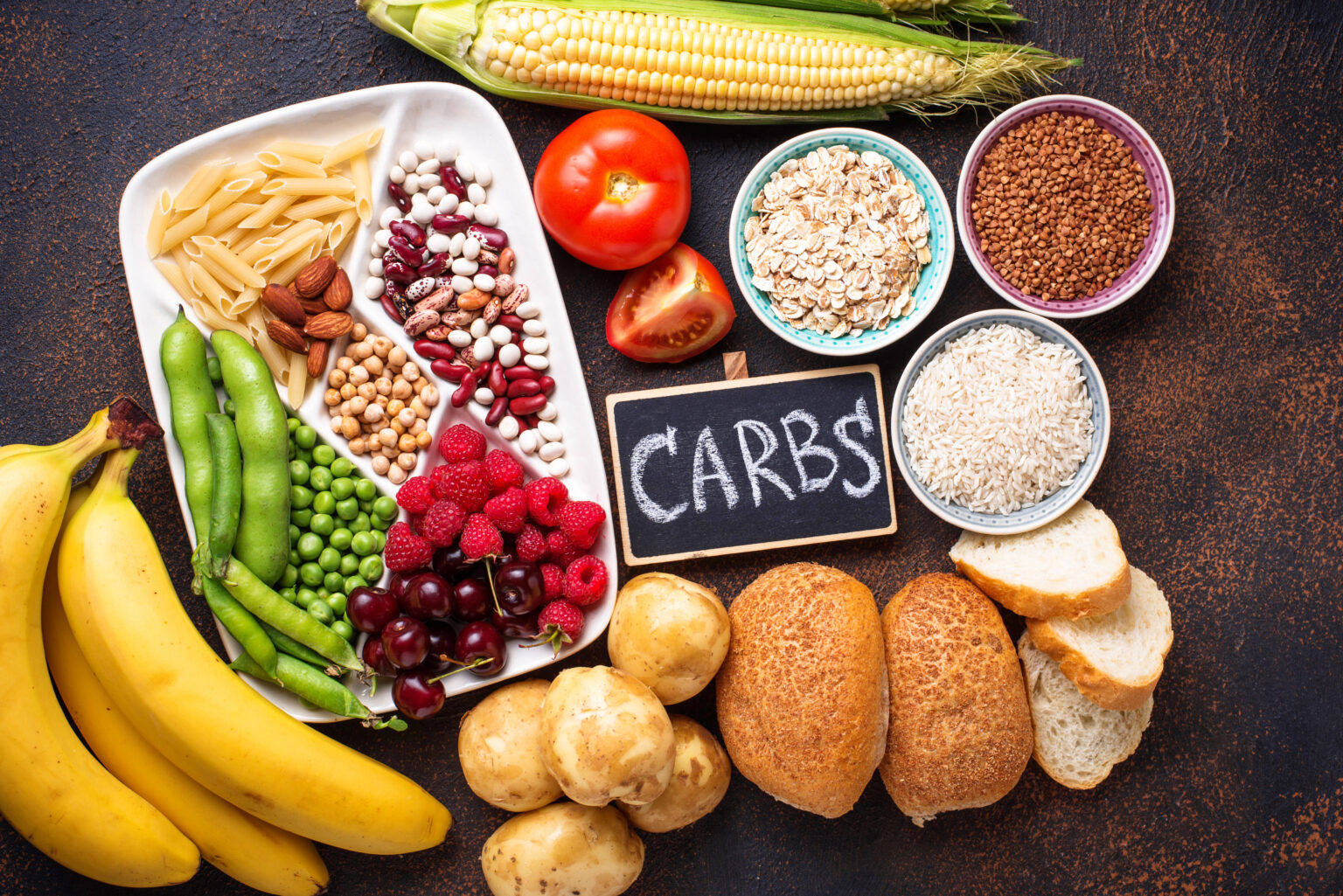Carbohydrates
CARBOHYDRATES
Carbs, or carbohydrates are molecules that have carbon, hydrogen, and oxygen atoms. Carbohydrates, or carbs, are sugar molecules. Along with proteins and fats, carbohydrates are one of the main nutrients found in foods and drinks. Our body breaks down carbohydrates into glucose. Glucose or blood sugar, is the main source of energy for our body's cells, tissues, and organs. Glucose can be used immediately or stored in the liver and muscles for later. They are found in a wide array like bread, beans, milk, popcorn, potatoes, cookies, spaghetti, soft drinks, corn, and cherry pie. The most abundant forms are sugars, fibers, and starches.
They can categorized in 3 types
1. Monosaccharides (glucose, fructose & galactose)
2. Disaccharides (lactose & sucrose)
3.Polysaccharides
(glycogen, starch & cellulose)
Monosaccharides
and Disaccharides are Simple Carbohydrates. Simple Carbohydrates are sugar
usually found in candies, sugars, white bread, sugar sweetened beverages etc.
Whereas
Polysaccharides are complex carbohydrates. Complex carbohydrates are usually
found in vegetables, fruits, whole grains etc.
Consuming complex carbohydrates make us feel full and they are healthy as compared with simples Carbohydrates. As they contain vitamins and minerals and fiber. Nutrition experts divide carbohydrates into “good” and “bad.” Good carbs, like whole grains, brown rice and legumes, don’t escalate glucose levels quickly. Bad carbs, like white bread, cookies and sugary sodas, promotes glucose levels to rise quickly. The healthiest sources of carbohydrates are whole grains, vegetables, fruits and beans they promote good health by delivering vitamins, minerals, fiber, and phytonutrients. Unhealthier sources of carbohydrates include white bread, pastries, sodas, and other highly processed or refined foods. These items contain easily digested carbohydrates that may contribute to weight gain, interfere with weight loss, and promote diabetes and heart disease. As they lack essential nutrients that’s why they are called ‘empty calories.’ While it's more important to limit refined carbs. Whole carbs must be an essential part of our diet as they are loaded with nutrients and fibers.
There is no perfect percentage or number that can be referred to everyone for consuming amount of carbs. It varies person to person but On average, people should get 45 to 65% of their calories from carbohydrates everyday that means 225 and 325 grams of carbs per day. Carbohydrates are an essential part of our diet, as they provide important nutrients but not all carbs are equally good for us.
1.Focus
on fiber rich fruits & vegetables.
2.
Eat more beans, peas and lentils.
3.Limit
added sugars.
4.
Choose whole grains
5.
Choose low-fat dairy products
Carbohydrates
have other benefits also such as they include supplying the nervous system with
its fuel that well maintains blood glucose levels and directly benefit the
nervous system that not only provides us better
concentration but also more fatigue resistance and even more workout
motivation.
So providing our nervous system with an adequate amount of blood glucose is very important for optimizing the workout intensity and another benefit of carbs is that they replenish glycogen, the storage of glycogen in the muscle plays a big role in the regulation of muscle growth as low levels of glycogen have shown reduction in regulating muscle that is just having low muscle glycogen levels irrespective of training intensity and protein intake can hinder our muscle gain and increase the risk of muscle loss. This is just another reason why getting enough carbs is very important when wanting to build muscle. And lastly carbs help secrete insulin.
The more carbs consumed the more insulin is secreted by body. As carbs do not make us fat.


Comments
Post a Comment